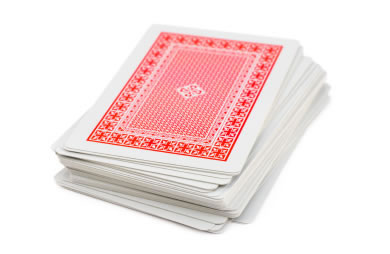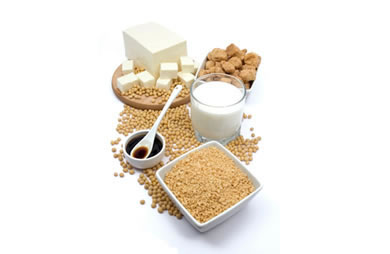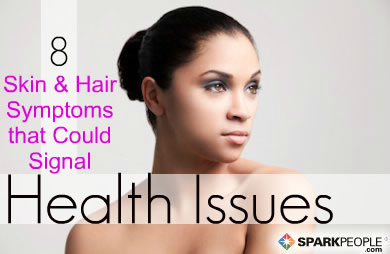|
A new study about beverages sweetened with high fructose corn syrup (HFCS) is making headlines. Published in the journal Obesity (see the full article here), researchers found that random samples of HFCS-sweetened drinks actually contained far more fructose than expected. "I told you so," is what all the opponents of the corn-based sweetener are saying, using this study as proof that corn syrup is worse than sugar and should be avoided. I was taken aback myself. While I don't believe that high fructose corn syrup is any worse for us than other types of sugar, I avoid it sometimes but won't shun every food made with it. (After all, I would be very cranky without the occasional HFCS-containing Twizzler in my life.) While this study seems to be about corn syrup being worse for us than we thought, it's actually about something else entirely: whether food manufacturers are telling us the truth about what's in their products. Allow me to explain. As you've learned, high fructose corn syrup is a combination of glucose and fructose. A ratio of 55% fructose and 45% glucose is typically used to sweeten beverages, yet researchers found that some drinks labeled to contain high fructose corn syrup contained much more fructose than that. As Marion Nestle reported on her blog, Food Politics, this study found that the sampling of HFCS-containing beverages:
Not so fast. When I asked SparkPeople's head dietitian, Becky Hand, about the implications of this study and whether it would affect any of the coverage we've previously done on HFCS—or SparkPeople's stance—she said no. Why? Because this information, assuming the study was well-structured and the results accurate (both of which are questionable at this point), doesn't change how the body metabolizes and uses high fructose corn syrup. What it does indicate, according to Becky, is "a problem with the information presented on food labels being different than what the food actually contains when it's analyzed." Or to put it another way, perhaps food manufacturers aren't being honest with us. They're reporting that they are using high fructose corn syrup on their ingredients list, which has a legal definition and should technically be no higher than 55% fructose. But in reality, it seems that they're using something else entirely—I suppose we could call it extra high fructose corn syrup. Maybe they're simply using their own concoction of lots of fructose and some glucose, and just labeling it as HFCS. Who knows, really. A couple years ago, my local news station did an undercover report where they took food samples from various national chain restaurants and had them analyzed for calories, fat and other nutrients, only to find that many foods contained double or triple the fat and calories reported by restaurant websites. Although we can expect some error when people are making our food by hand, manufactured food should be consistent. Becky pointed out to me that several studies in recent years have begun to uncover inaccuracies on food labels—that what you see isn't always what you get. I for one have always been skeptical. Have you ever looked up the nutrition facts for a food and thought, "NO WAY" because the size of the serving and the decadent taste of the food seemed way too good to be true for so few calories? I think that all the time! Maybe I'm a conspiracy theorist, but I've always wondered how much I could trust what the labels say I'm really eating. It's just like that a "Seinfeld" episode about the delicious taste of a no-fat frozen yogurt, that when analyzed, turned out to be regular fat after all! The government requires certain things to be listed on food labels and expects that food companies will follow their guidelines and post them honestly and accurately. However, as Coach Tanya has told me, the FDA allows rounding and errors up to 20%, which means that you could be eating 20% more than you think. But do we really know that they are even that accurate? Does anyone really check that? The answer, which may surprise some, is no. If this study is any indication, I think we may all want to read food labels with a grain of salt from now on, knowing that the ingredients and nutrition facts presented might just be a general idea of what you're eating—not a hard fact. While this study doesn't make me feel any differently about corn syrup than I did in the past, it definitely makes me question whether I can believe what I read on a food label. It also drives home the point about cooking more of your own food and avoiding processed foods in general, since what you think you're really eating could be anything but. Do you believe food labels are honest and accurate or do you find them hard to believe? What's your take away from this study? |
Popular Entries |















